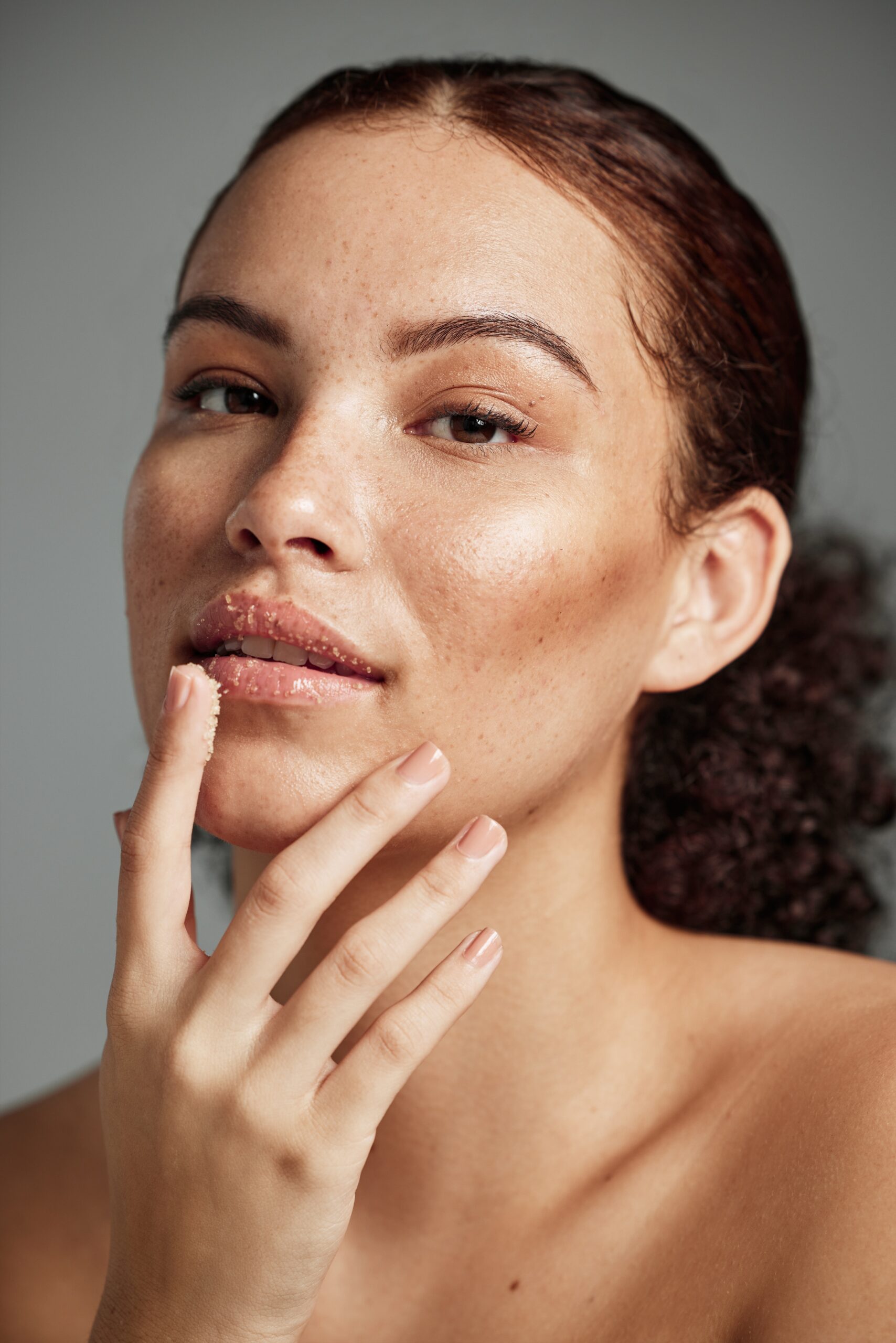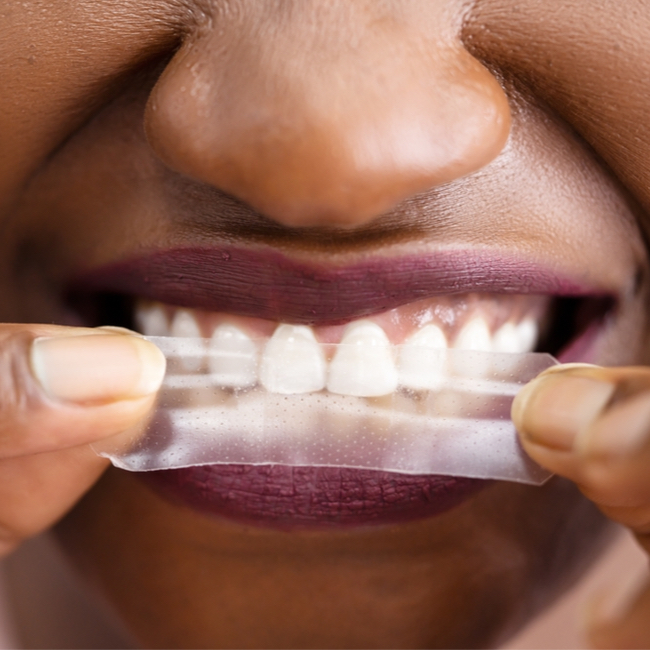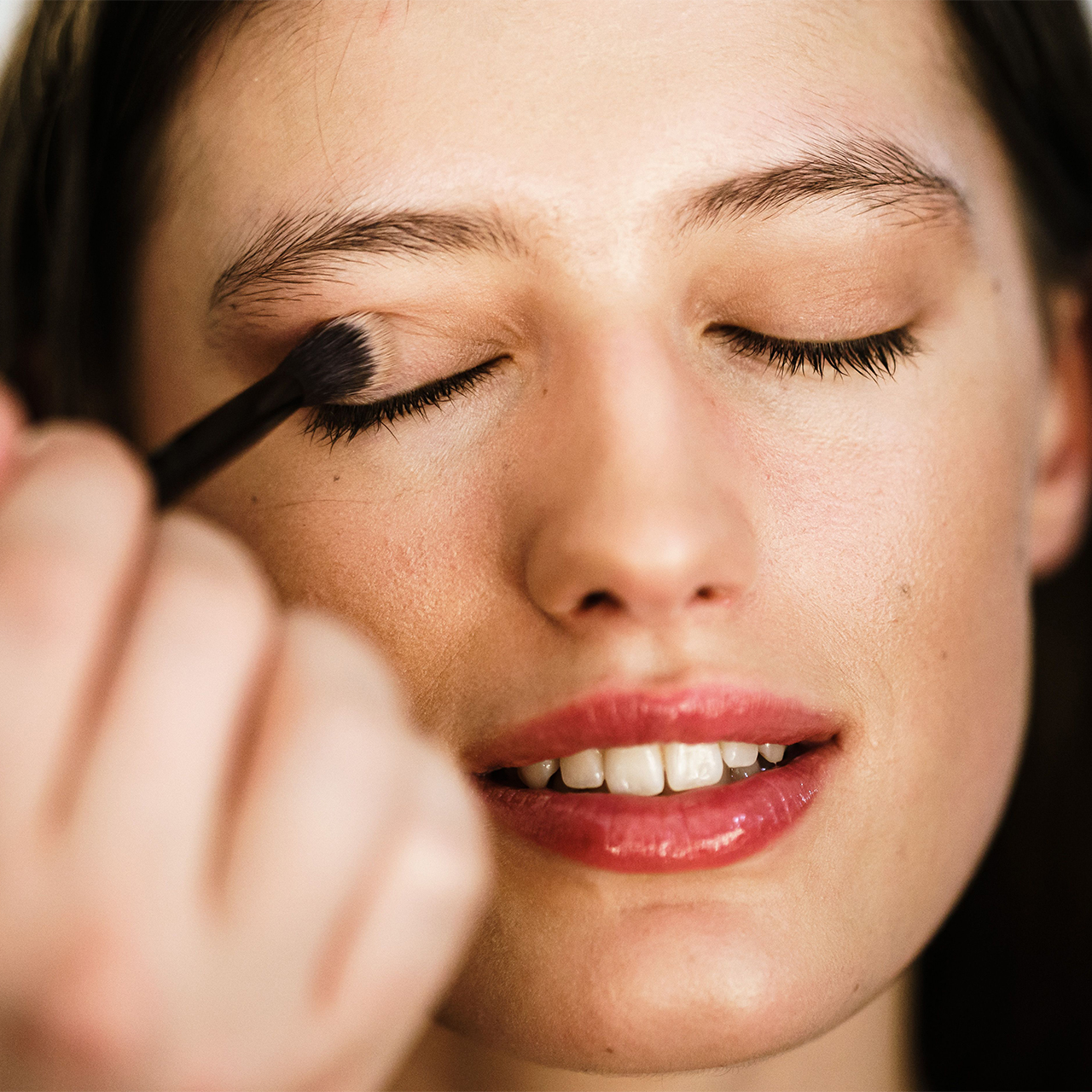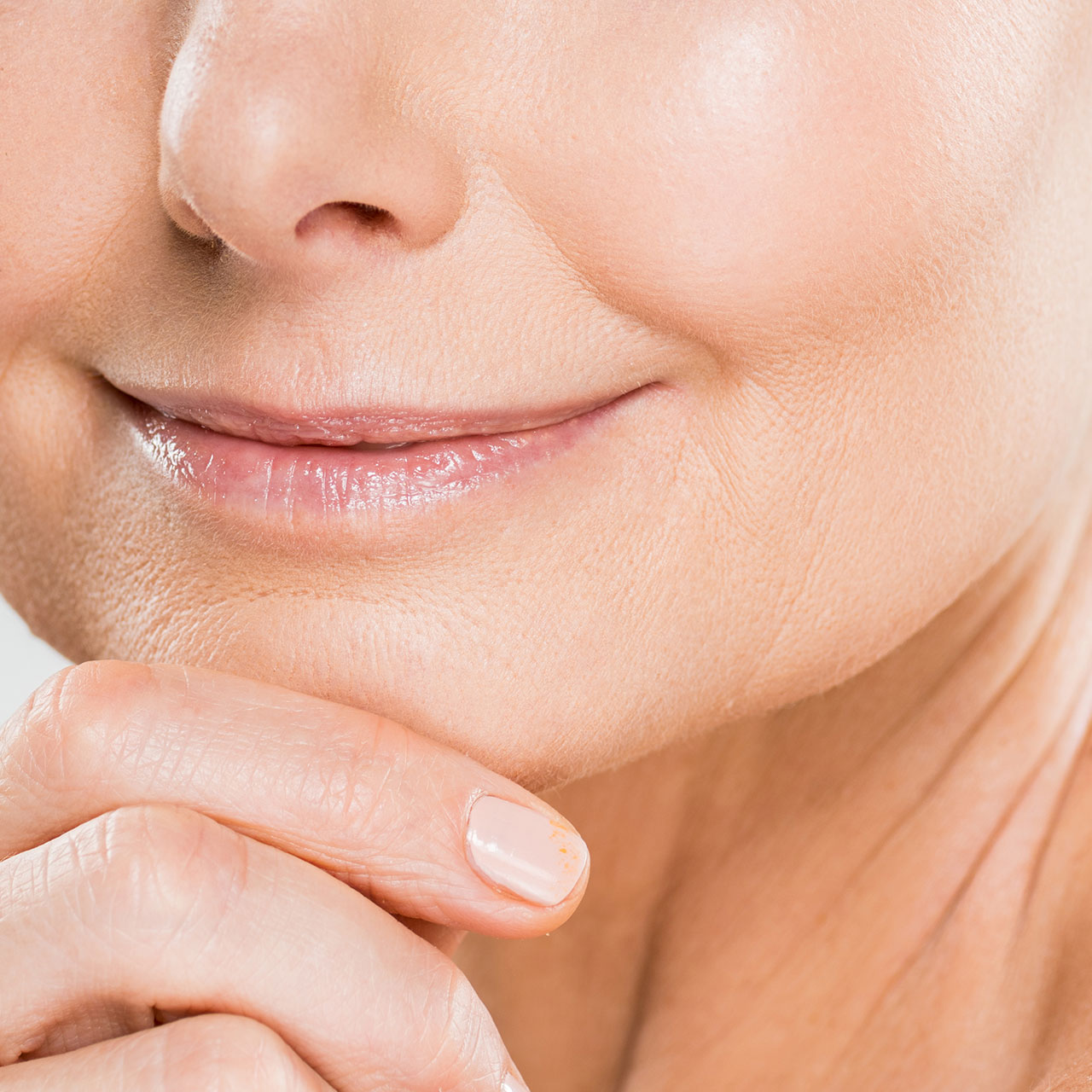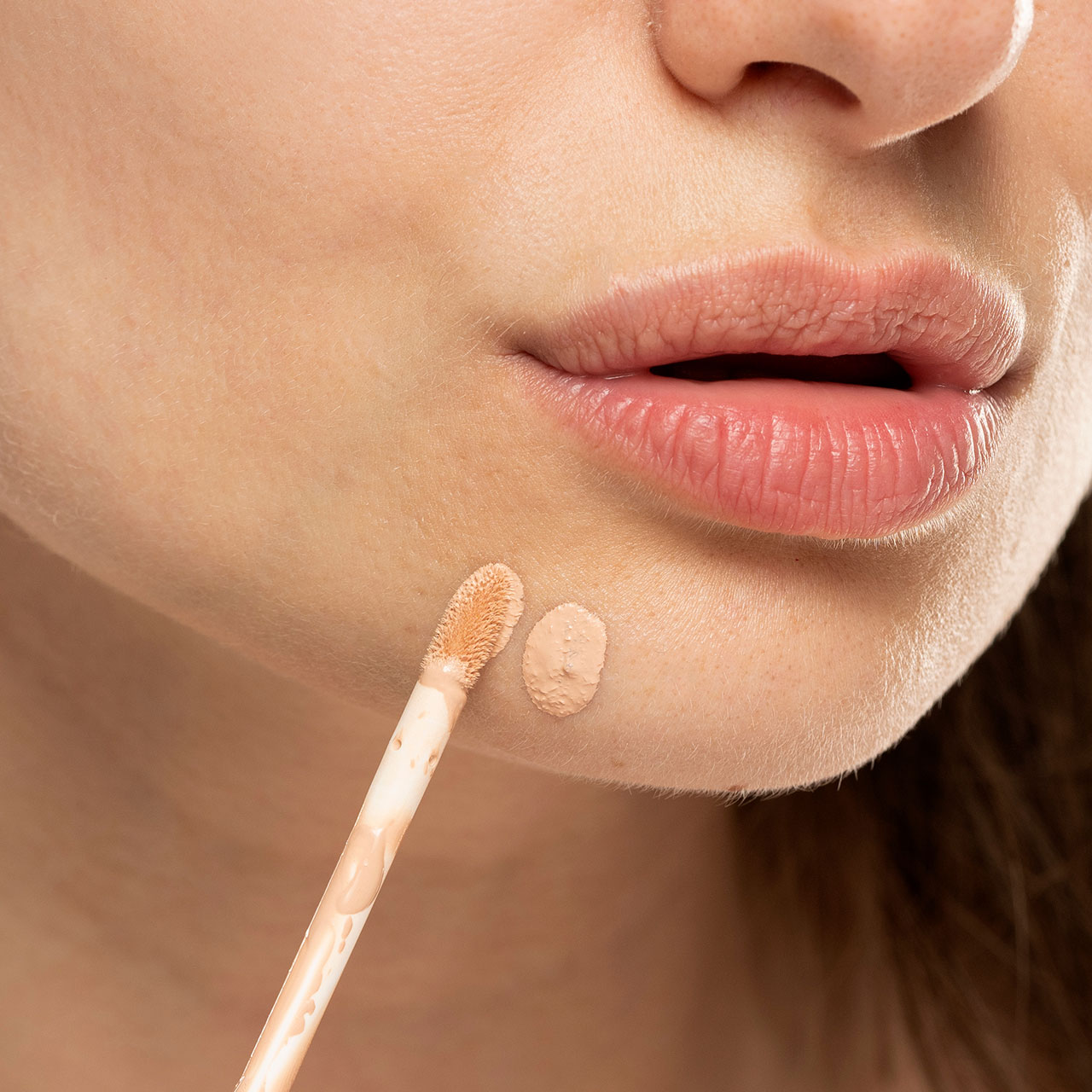This is an archived article and the information in the story may be outdated. Please check the time stamp on the story to see when it was updated last.
One beauty standard that has remained constant throughout the years is flawless, shiny white teeth. Despite the fact that most teeth are not naturally the pearly color we all strive for, the market for whitening toothpaste, strips and LED lights has grown rapidly throughout the years as people aim to achieve this look. While whitening your teeth may seem harmless, there are actually a number of frightening long term side effects of this practice which may cause increasing damage to your teeth when done regularly.
We spoke with Dr. Mitchell Josephs, general, cosmetic, and implant dentist, and Dr. Howard Katz, DDS to understand the true scope of what whitening your teeth can do to your smile—and their warnings may lead you to stop immediately.


There are a number of common methods for whitening the teeth, and unless you’re getting them done professionally in the dentist office, they all provide a range of potential dangers to your teeth and gums. With the at-home whitening kits, however, the biggest issue is that it can cause gum irritation and enamel erosion which may leave your teeth sensitive to foods of extreme temperatures when used regularly.
Your enamel is the outermost layer of the tooth which protects the entirety of it from damage, and when it is eroded from a number of causes, including whitening, it can leave you with an increase of cavities and even decay. "Minor degradation of enamel can become significant for those who get "addicted" to whitening," warns Katz.
Not only this, but whitening kits from the drugstore are not even guaranteed to work, leaving you wasting your money on a product which can cause your teeth to appear different colors—and not in a good way. "At home whitening strips will not bleach your crowns or veneers. Therefore you will wind up with unmatching teeth after whitening," says Josephs. "Using the whitening strips too much will cause over bleaching, which can lead to gray teeth," he adds.
Another common mistake that people make when whitening their teeth at home is turning to baking soda or whitening toothpastes to do the trick. However, both of these methods are not guaranteed to make a difference and can, in fact, cause increased damage to your enamel as well. "Baking soda does nothing except scratch up your tooth enamel and dental work causing more staining," notes Josephs, adding that peroxide is also not an effective method for whitening your teeth.

Rather than taking matters into your own hands, if you want to see real results you will ultimately be best served heading to your trusted dentist to perform a whitening procedure that will also keep your enamel intact. "In-office power bleaching is controlled, more effective, and always the better and safer option for those seeking whiter teeth," Josephs suggests.
The tooth sensitivity and potential margin of error is not worth saving the money, especially if you’ll only have to turn to the dentist at the end of the day anyway to fix your botched at-home whitening efforts, nevermind the long term damage.
That being said, it’s unlikely that this will dissuade everyone from using whitening kits, so Katz offers several recommendations for those who plan to continue to whiten their teeth at home. "Always whiten your teeth before having any cosmetic dentistry done. That way the crowns or veneers can be made to match your whitened teeth," he says. "Also, don't eat staining foods soon after brushing your teeth. Saliva forms a slimy layer that slows down staining of your teeth. This slimy layer can take a half hour to form."
It’s understandable to want whiter teeth especially seeing as this is a beauty standard, but the reality is that as long as you’re brushing your teeth at least twice a day and flossing, you’re effectively preserving your gum health which is really all that matters. It’s advisable to steer clear of whitening your teeth with at home solutions if you hope to preserve enamel and keep your pearly whites strong for years to come, but if you do feel the need to whiten, it’s always best to check with a dental professional first.


